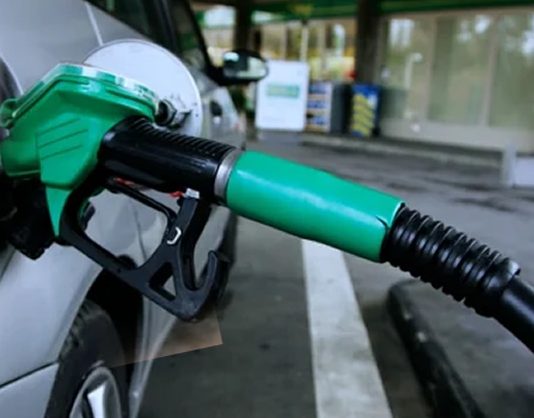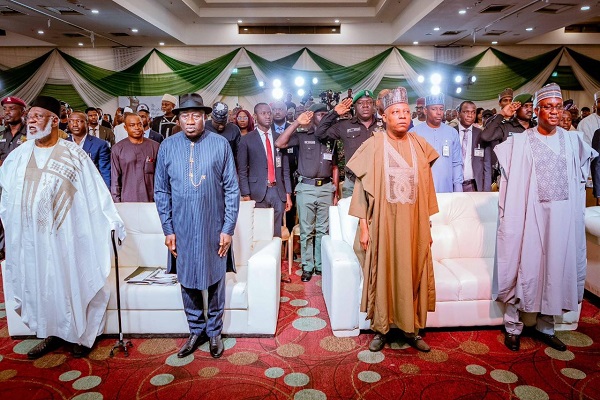More than 4,900 petrol retail outlets across Nigeria have shut down operations as independent petroleum marketers battle crippling financial losses, erratic pricing, and regulatory uncertainty following the full deregulation of the downstream oil sector.
The Petroleum Products Retail Outlets Owners Association of Nigeria (PETROAN) confirmed that over 70 percent of its 7,000 members have ceased operations, citing volatile petrol prices from Dangote Petroleum Refinery and erratic import pricing as the main culprits.
“The operating environment has become unsustainable,” said PETROAN President, Billy Gillis-Harry. “You buy a truck of petrol at one price, and before it even reaches your station, the price has either dropped or jumped for no clear reason. We cannot plan, we cannot compete, and we are shutting down.”
Since January 2025, the $20 billion Dangote Refinery has adjusted its Premium Motor Spirit (PMS) prices six times — starting from N950 per litre and dropping to N835 by April. This constant price shift, industry players say, has thrown business projections into disarray and forced many into desperate cost-sharing arrangements. In many cases, up to three marketers now combine funds just to afford a single truck of fuel.
“We are sourcing from whoever offers a soft landing,” Gillis-Harry explained. “Because we simply can’t survive the erratic pricing coming from dominant suppliers without knowing what the next day holds.”
The crisis is a direct fallout from the federal government’s decision to fully deregulate the sector in October 2024, after removing fuel subsidies. The move, while aimed at liberalising the market, has sparked fierce price wars and created an uneven playing field between Dangote’s refinery and fuel-importing marketers.
The Independent Petroleum Marketers Association of Nigeria (IPMAN) echoed PETROAN’s concerns, confirming that many of its over 20,000 members are scaling down operations due to heavy losses. National Publicity Secretary Chinedu Ukadike said members are losing between N300,000 and N1 million per truckload due to delayed deliveries and sudden price drops.
“Our trucks now spend up to three days in transit. By the time they arrive, prices have fallen. We’re selling at a loss, and there’s no buffer to absorb the hit,” Ukadike lamented. “That’s why you see marketers pooling resources to survive. It’s skeletal operations across the board.”
The ripple effects of this market chaos are not limited to retail stations. Over 70 tank farms — more than half of Nigeria’s 120 approved facilities — have also shut down operations, standing idle as marketers shun them for direct sourcing and alternative logistics.
Industry leaders are calling on the federal government to urgently intervene by providing economic relief, stabilising pricing frameworks, and improving access to loans for marketers. Without such measures, they warn, the distribution backbone of Nigeria’s fuel supply is at risk of collapse — potentially triggering a nationwide scarcity.
As things stand, deregulation without structure is driving the small players out, and leaving Nigeria’s multi-billion-naira fuel economy in the hands of a few powerful actors.




